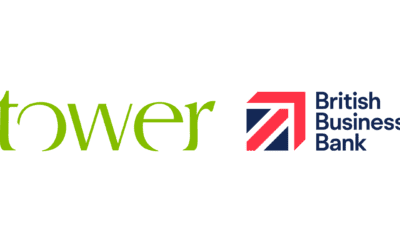To raise capital for expansion and other business needs, companies have two financing options; equity financing and debt financing. Each option carries its pros and cons, so businesses need to understand what they are getting into before choosing one over the other. Here we look at equity financing vs debt financing to help you understand this.
Debt financing
If you have taken out a mortgage, car, or student loan, you’re already familiar with debt financing. It involves borrowing money, which you then pay back in monthly instalments over a fixed period of time at a predetermined rate. Debt finance comes in business loans, asset finance, commercial mortgages, and working capital loans. It can be secured or unsecured, but generally, secured loans are cheaper and easier to obtain due to their low level of risk.
Advantages of debt financing
• Control: The lender has no control over how you run your business. Also, since the loan is temporary, your relationship with the lender ends immediately after the debt is repaid.
• Taxes: Loan interest is tax-deductible, but dividends paid to shareholders aren’t.
• Predictability: Principle and interests payments are stated well in advance, making it easier for you to work out loan payments into your company’s budget.
Disadvantages of debt financing
• Qualifications: Most businesses aren’t able to meet loan qualifications. You and your business must have acceptable credit ratings to qualify.
• Fixed payments: Loan repayments must be made on a specific day without fail. If your business has unpredictable cash flow, then debt financing isn’t a good option for you.
• Collateral: Most lenders will require the company or personal assets to be held as collateral. If you are unable to make loan payments, you risk losing your assets.
Equity financing
Equity financing involves selling a share of your company’s equity to investors who hope to share in your business’s profits. Equity financing can be obtained through angel investors, venture capitalists, or equity crowdfunding.
Advantages of equity financing
• Faster business growth: Equity financing brings in more money than debt financing, allowing you to scale your business to its fullest potential.
• Less risk: Equity financing offers fewer risks because you don’t have any fixed loan repayments to make. It is an excellent option for start-ups with unpredictable cash flow.
• Easily accessible: Equity financing may be the only viable option for businesses with credit problems.
Disadvantages of equity financing
• Loss of control: You will have to consult with your equity partners any time you make decisions affecting the company.
• Cost: Dividends paid out to investors are higher than the interest rates on debt financing.
Both of these financing options are excellent ways to fund business growth and expansion. Weigh the pros and cons to determine which one will work best for your business.
Equity financing vs debt financing – where to find out more
Tower Leasing have supported the investment and growth of over 40,000 SMEs. No matter what your plans are, we have the business finance products in place and the expertise to help you see them through. Read about our business finance options here or get in touch to discuss how can help with your business expansion plans.



